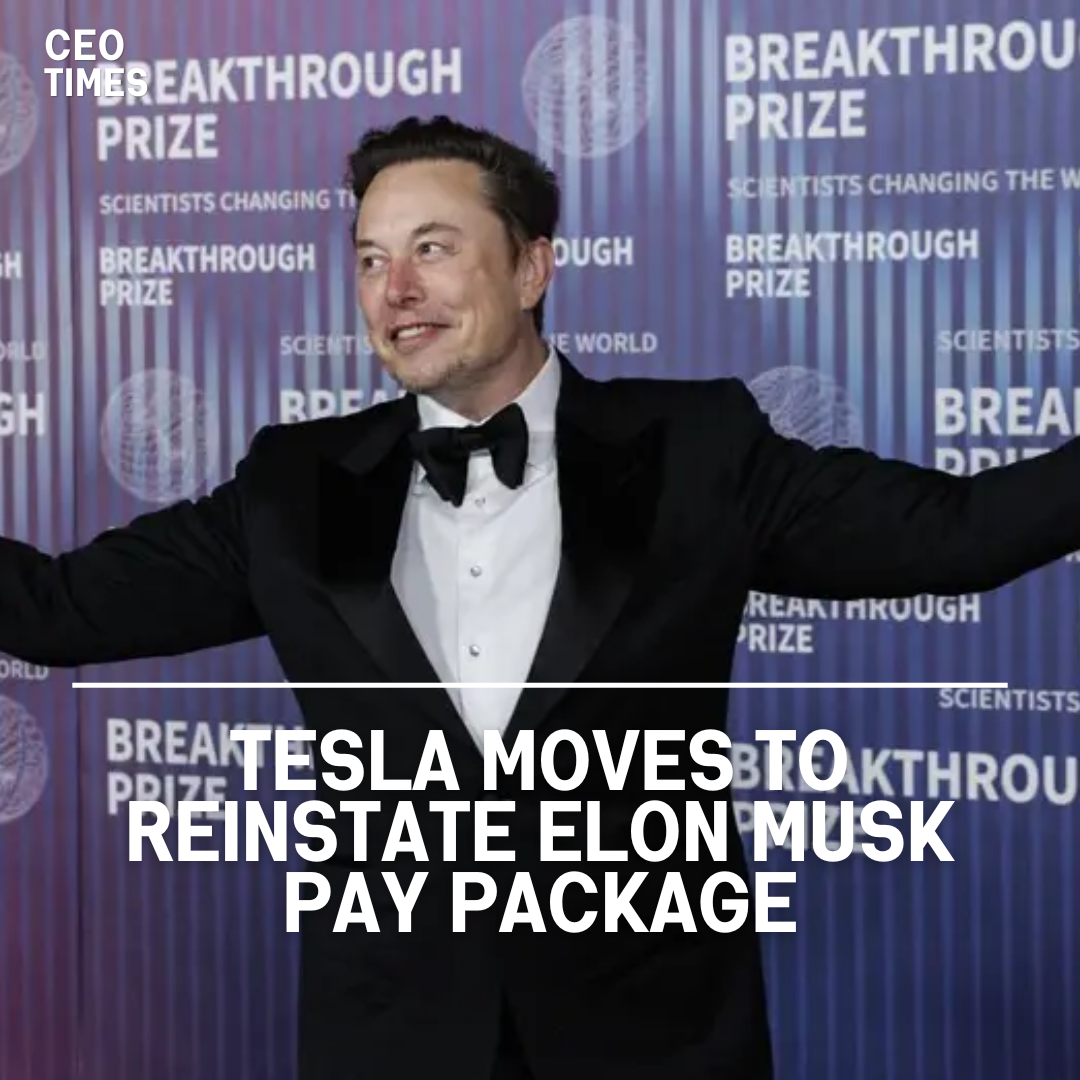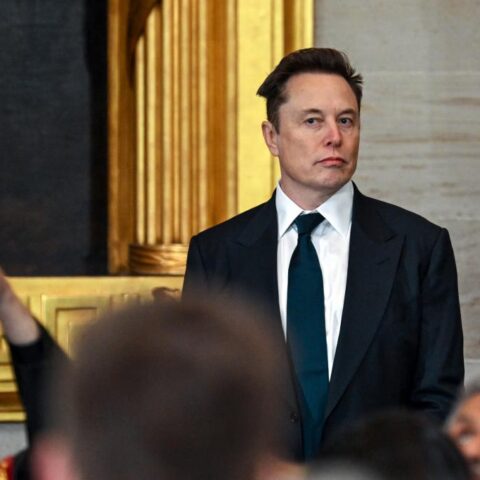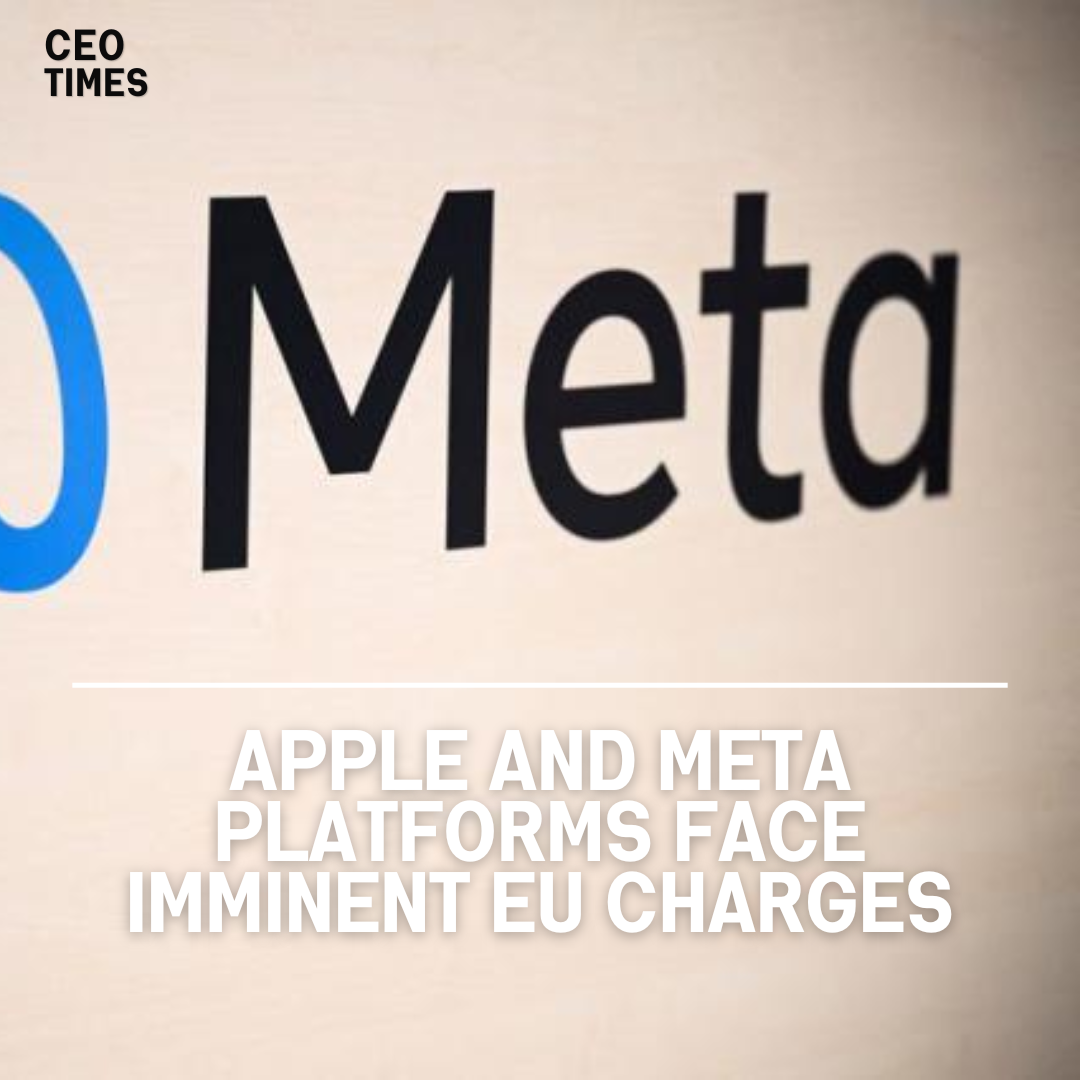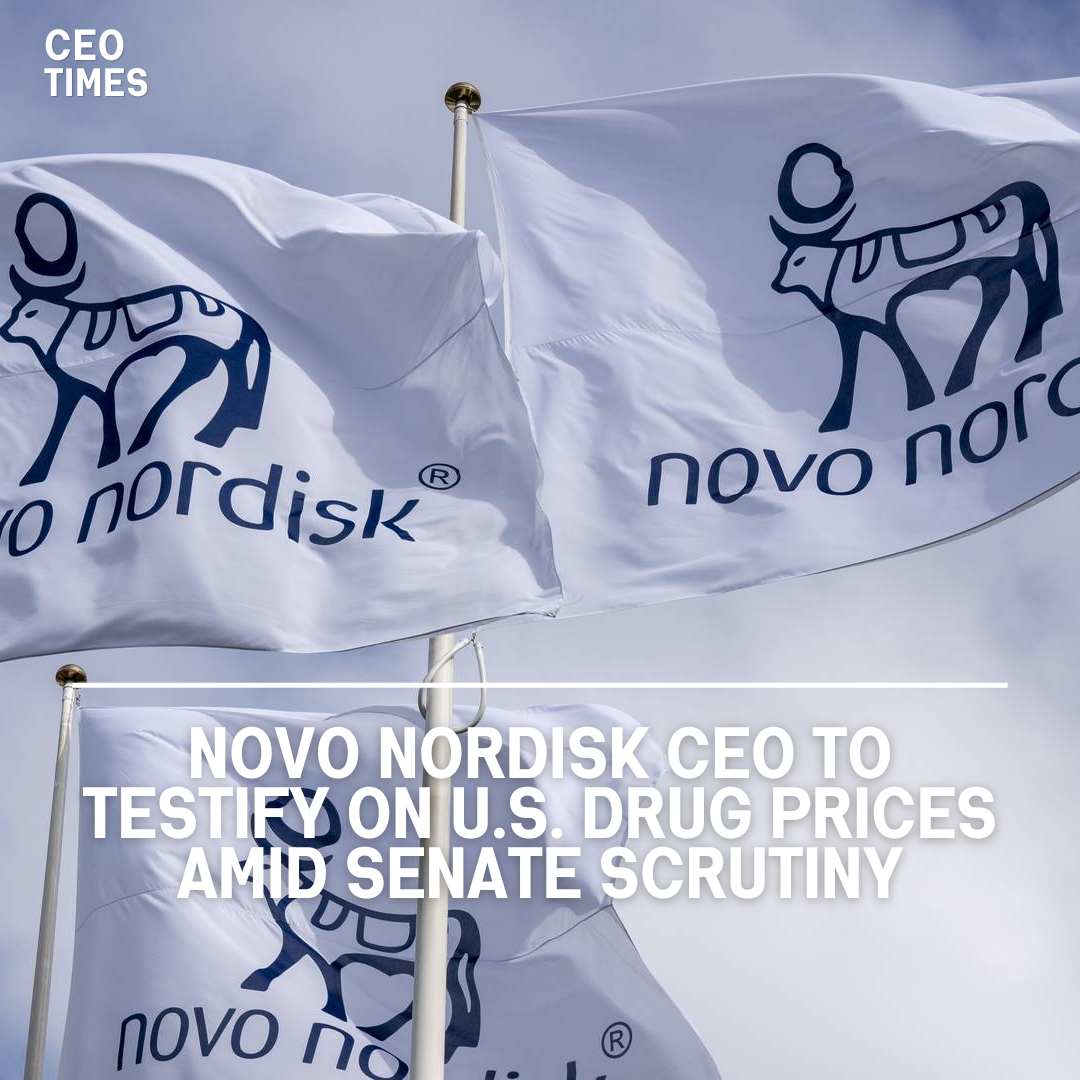In a pivotal move, Tesla recently sought to reaffirm Elon Musk’s $56 billion pay package, originally approved in 2018. This decision followed a Delaware judge’s invalidation earlier this year due to concerns over governance and potential conflicts of interest.
Recent Developments:
Despite opposition, nearly 75% of Tesla shareholders, excluding Musk and his brother, voted to support the reinstatement of the pay package. This level of support mirrored the initial 2018 vote that the court later nullified.
Approval by shareholders does not automatically reinstate the pay package. Tesla’s board chair, Robyn Denholm, emphasized the company’s commitment to representing shareholder interests and plans to return to court in Delaware for validation.
Judge Kathleen McCormick’s earlier ruling criticized the size of the pay package as excessive and highlighted potential conflicts within Tesla’s board.
Investor Dynamics:
Vanguard, Tesla’s largest shareholder after Musk, played a pivotal role by reversing its initial disapproval in 2018 to supporting the pay package this year, which was crucial for achieving necessary shareholder approval.
Tesla’s stock fell approximately 2% following the announcement of the shareholder vote results, reflecting concerns about the company’s performance amidst challenges in the electric vehicle market and Musk’s additional ventures like acquiring Twitter.
Tesla outlined various voting thresholds required to validate Musk’s pay package, receiving between 72% and 77% approval depending on the measure—excluding Musk’s shares or considering all votes cast.
Future Implications and Conclusion:
The next steps involve presenting the shareholder vote results to the Delaware court to seek reinstatement of the 2018 pay package agreement. This legal battle will clarify Musk’s compensation plan’s future and set precedents for high-profile companies’ corporate governance.
The outcome of this case will have important implications for Tesla’s governance structure, particularly concerning executive compensation and board oversight, amid ongoing market challenges.




















